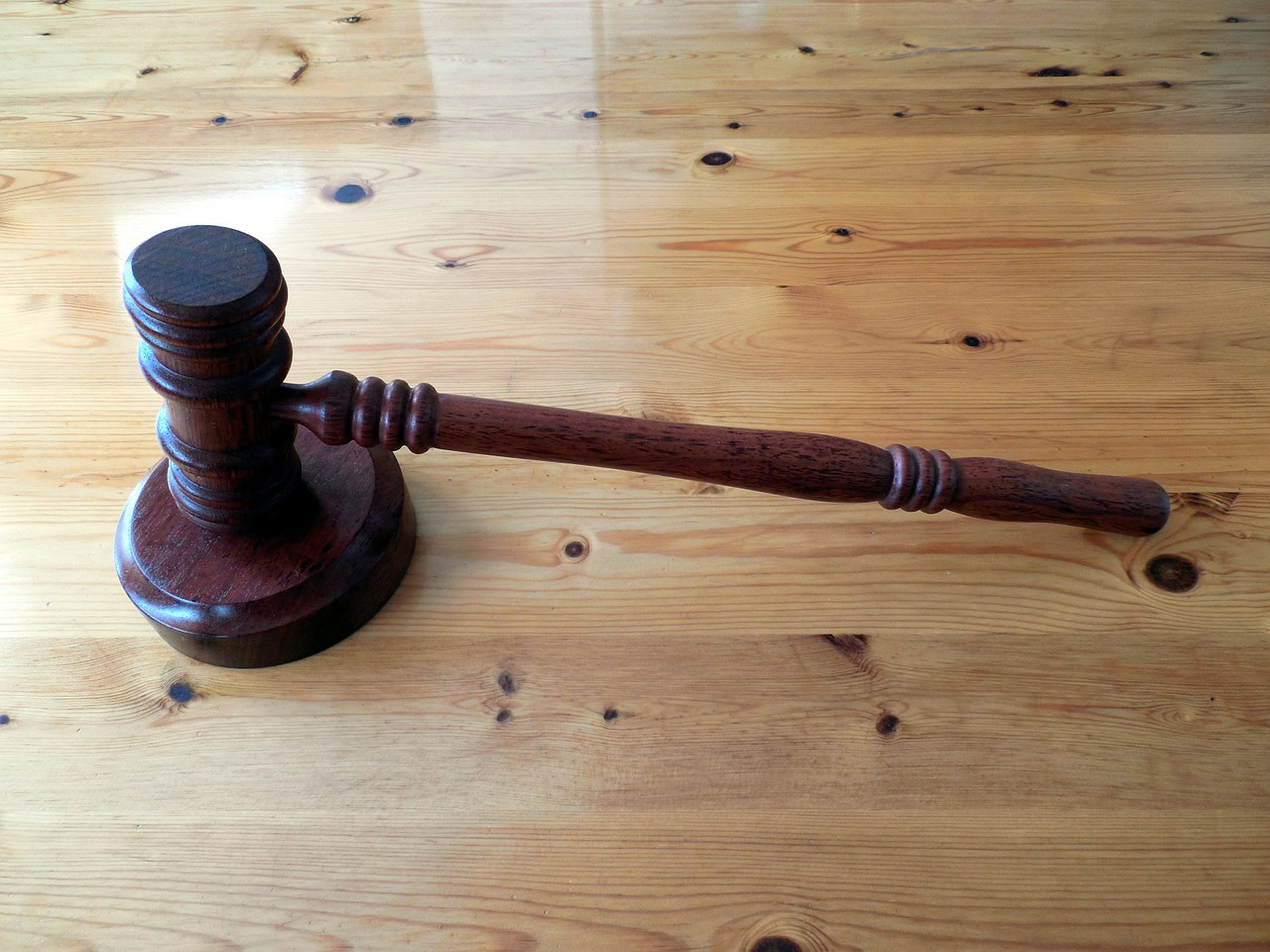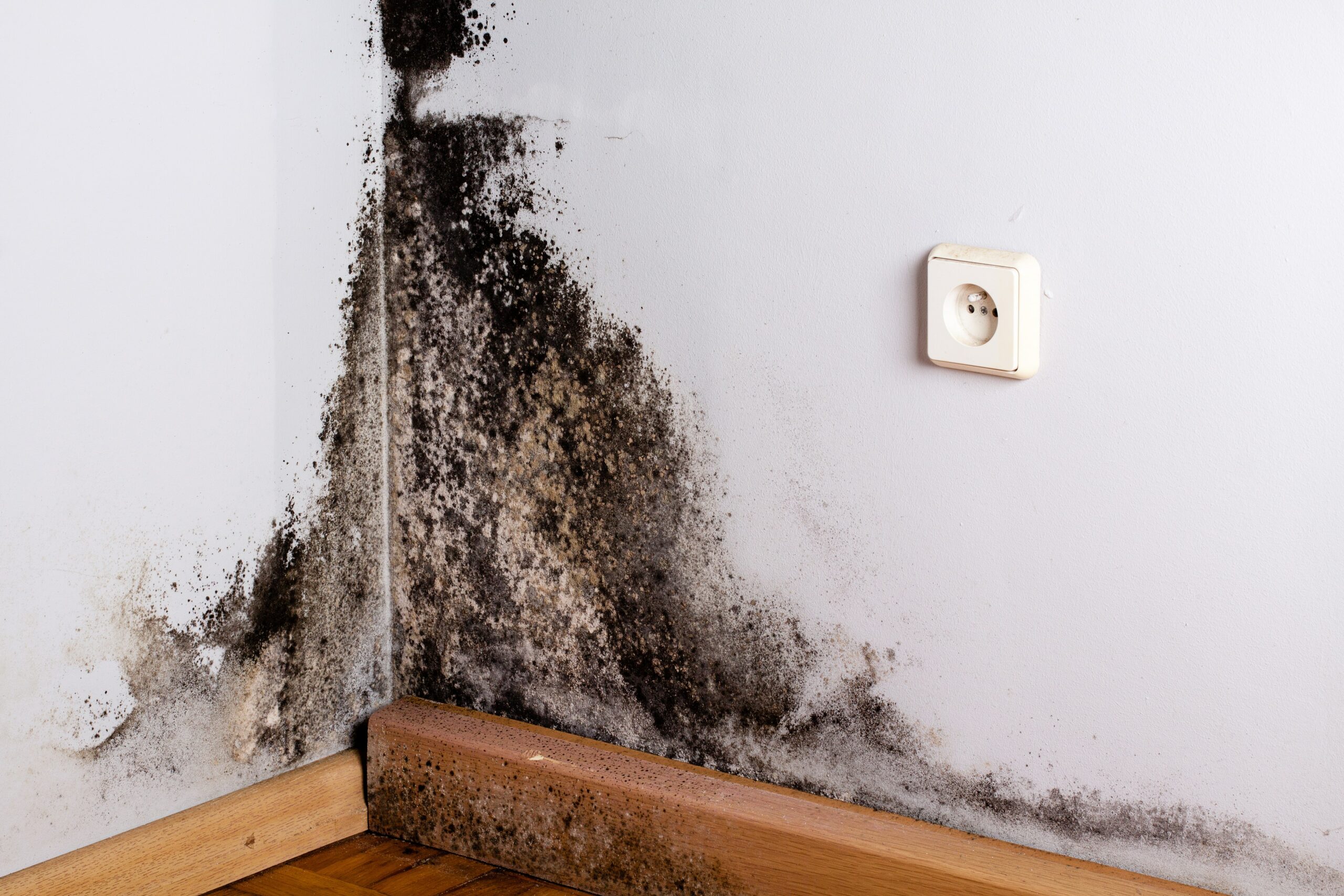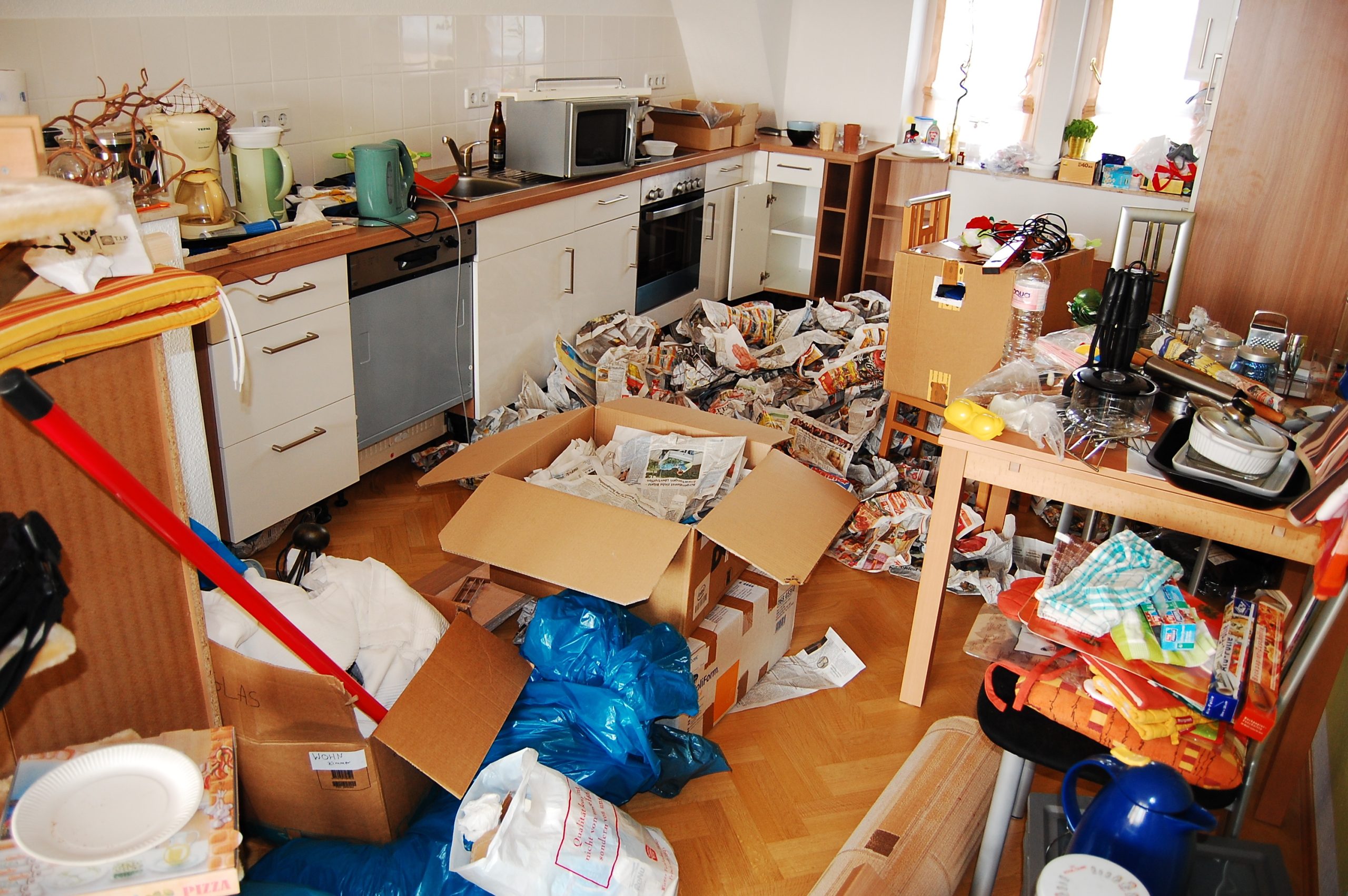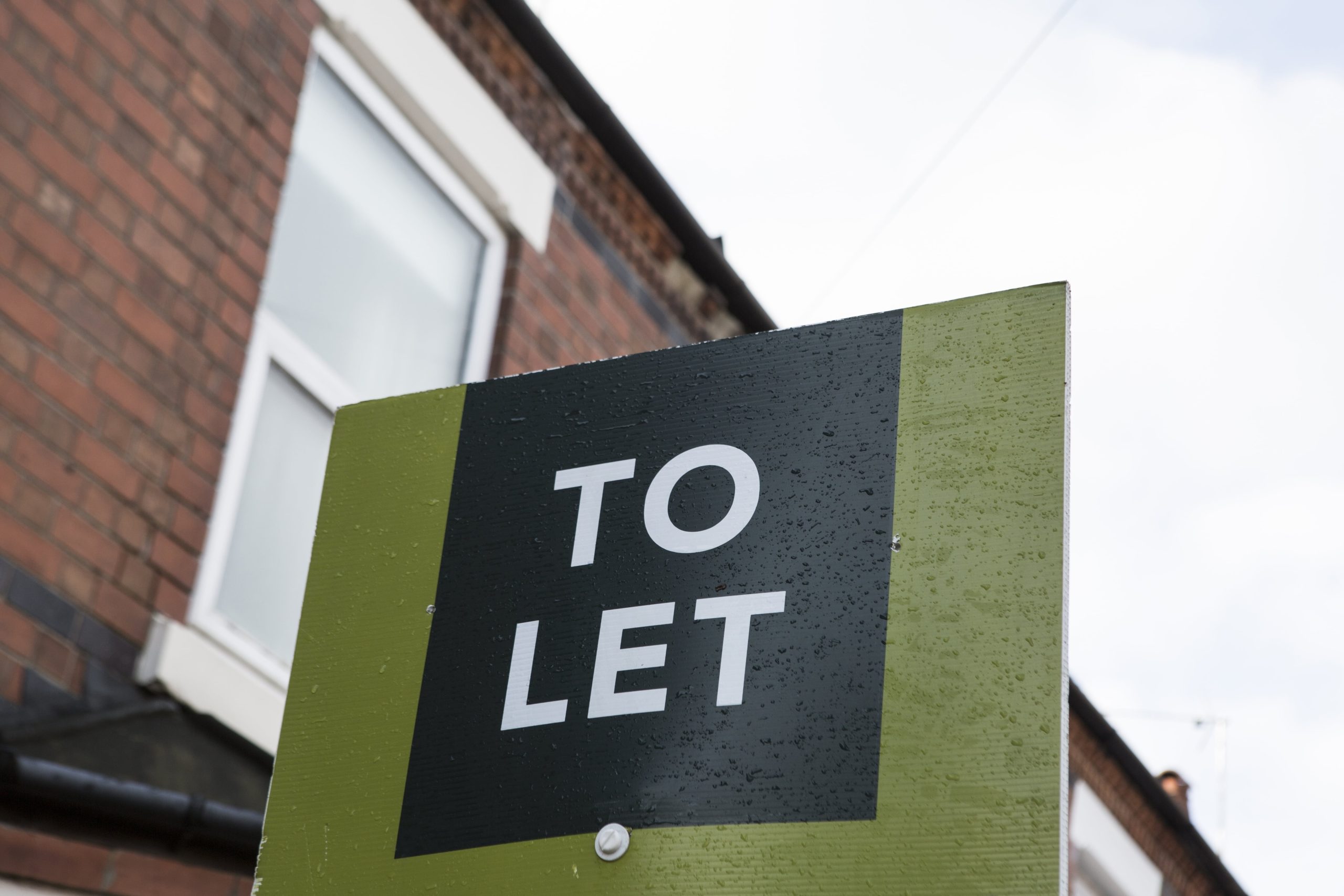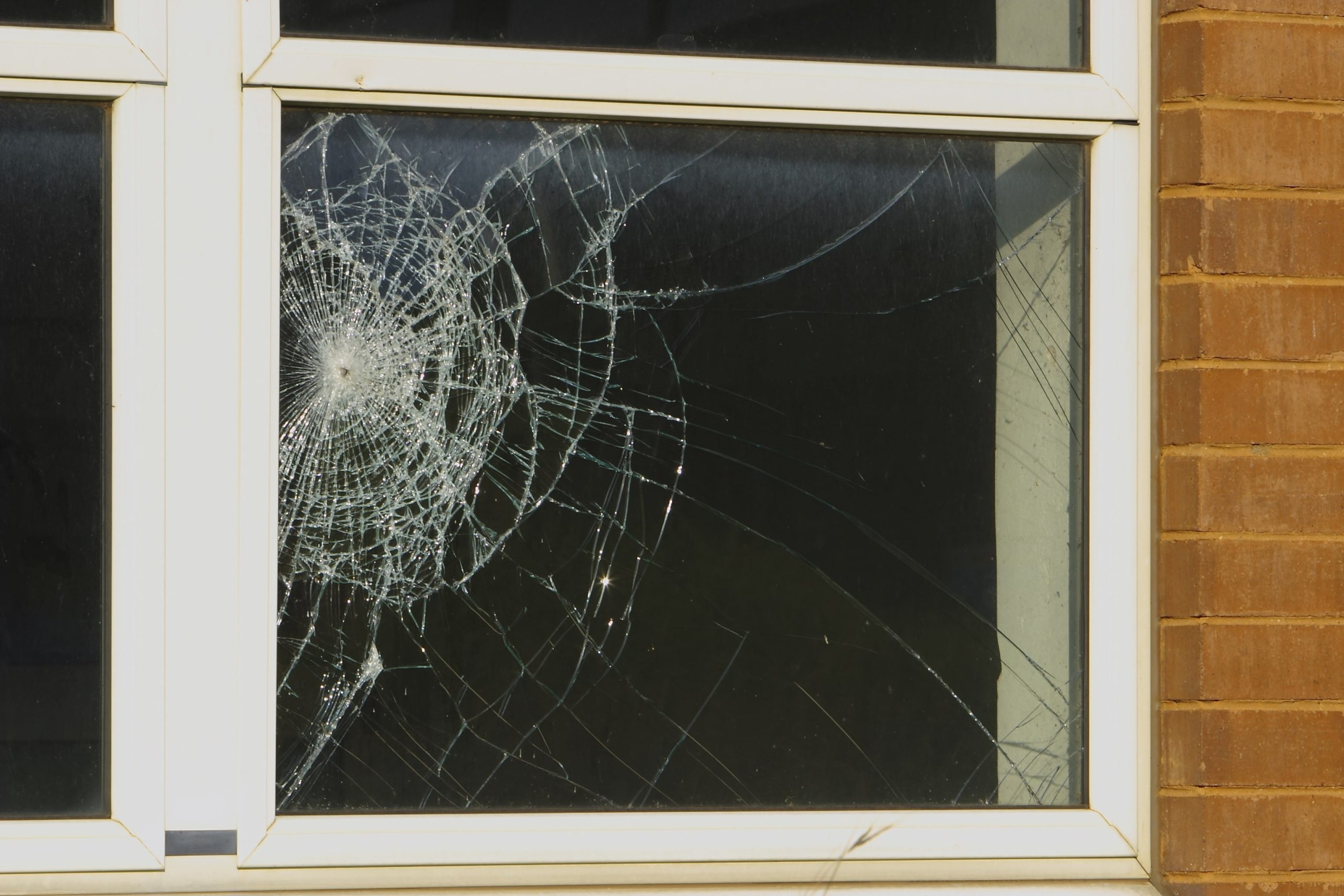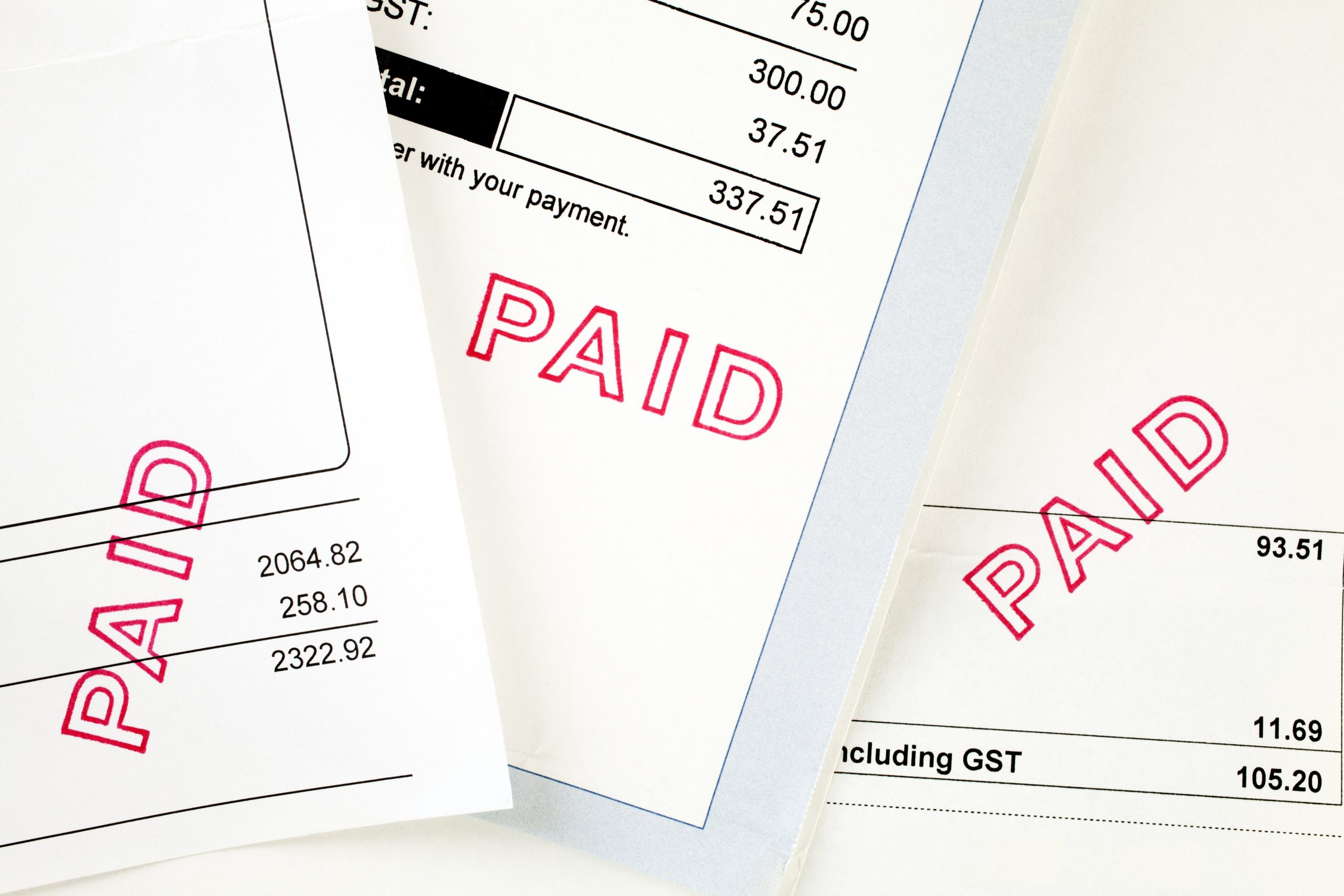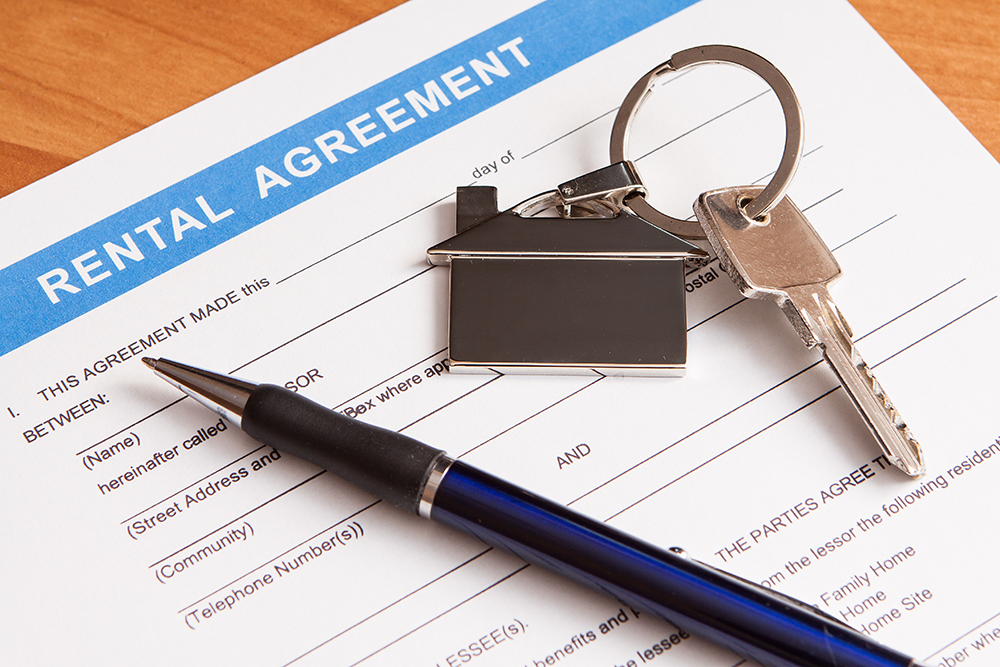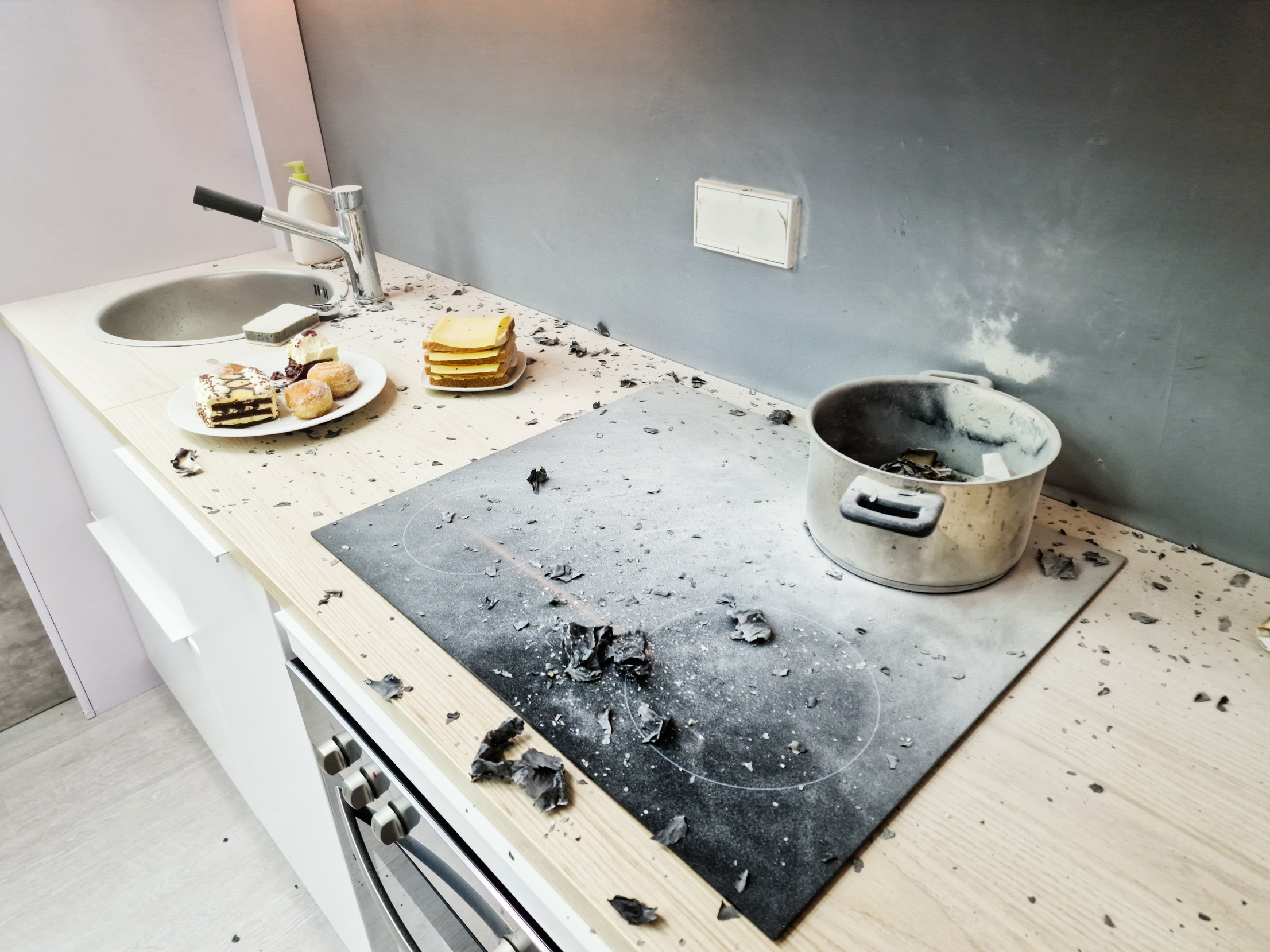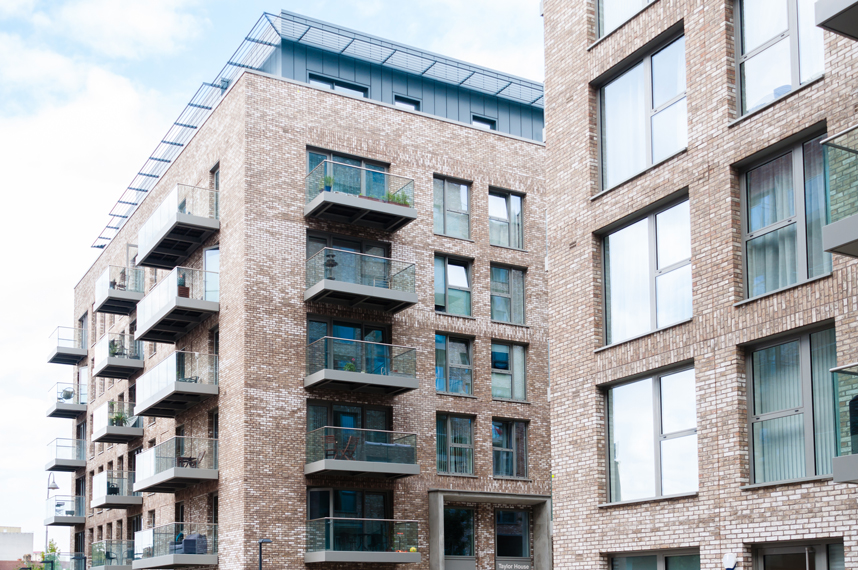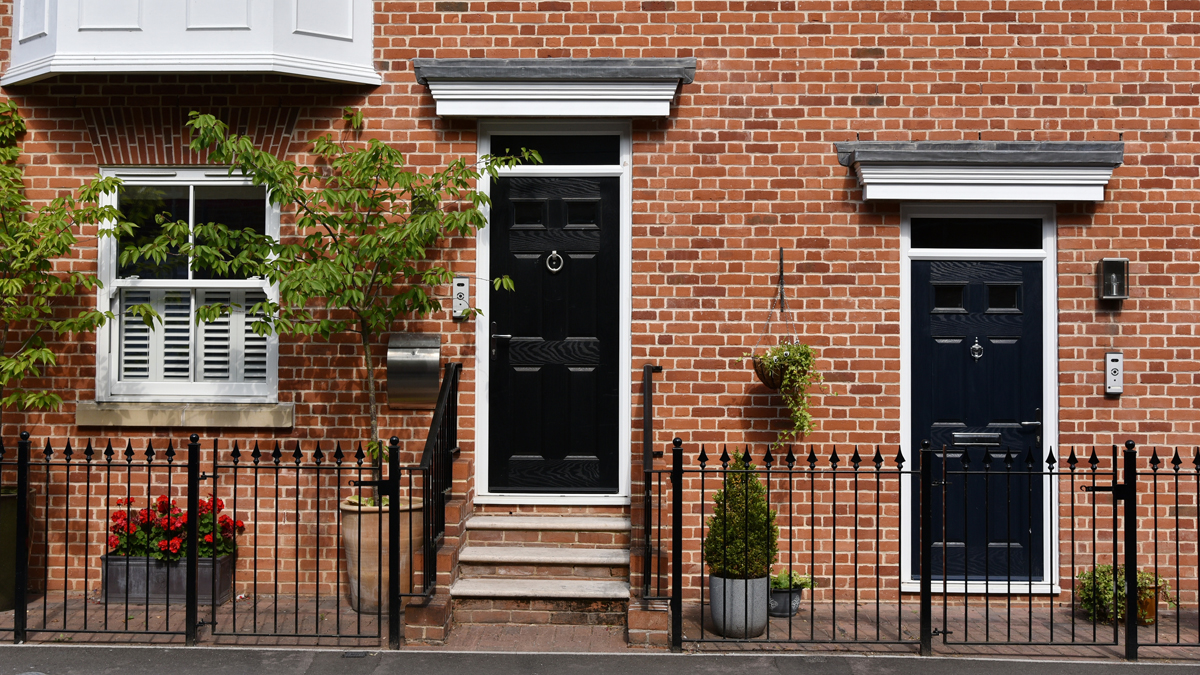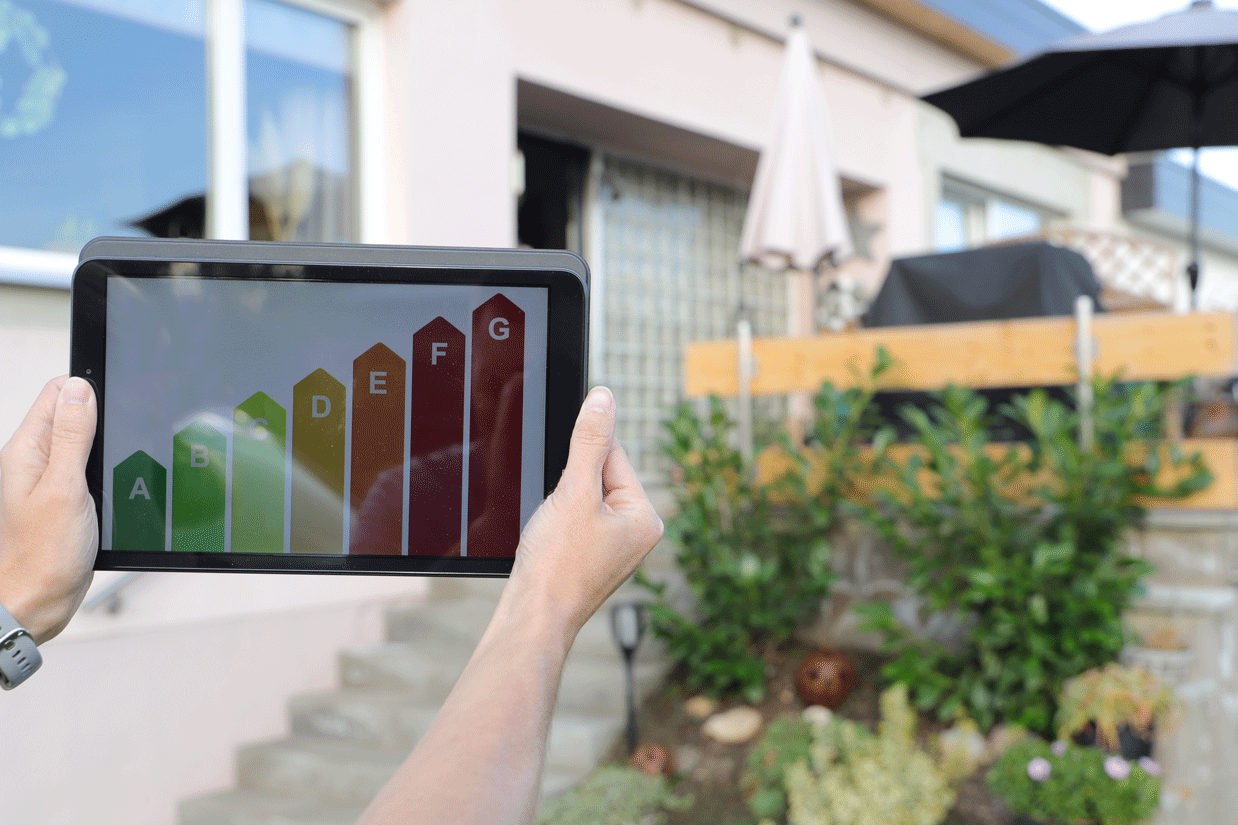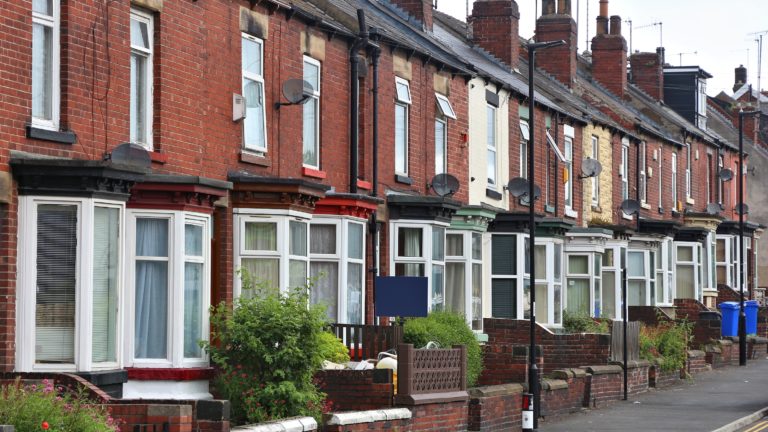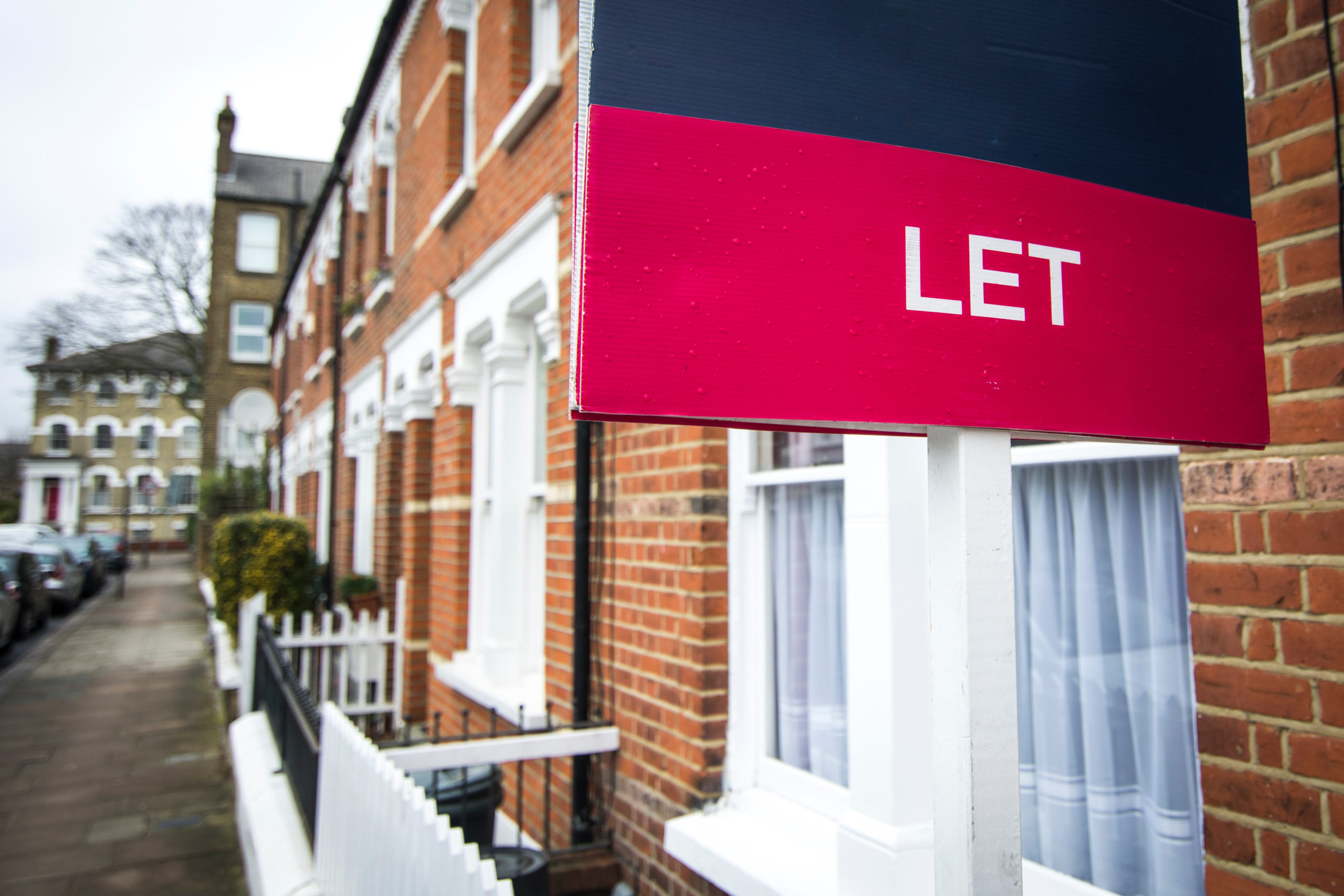The number of tenancy disputes rose last year but the overall figure still only affects fewer than 1% of all tenancies in England and Wales. The figures, taken from the latest report by the TDS Group, also show that most (76%) of deposit disputes are raised by tenants.
Here, we examine some of the most common causes of landlord-tenant disputes and what you can do to prevent them from occurring.
Common reasons for tenancy disputes
Although most disputes are raised by tenants, adjudicators split disputed deposit amounts between landlords and tenants in over 50% of cases.
The most common reasons for tenancy disputes, include:
- Cleaning – this is the number one reason for tenancy disputes, accounting for 50% of all cases raised.
- Damage – the second most common reason for disputes with 44% of all cases involving some sort of property damage.
- Gardening – lack of maintenance can leave landlords disillusioned when tenants move out, especially if gardens were tidy and well-maintained when tenants moved in.
- Redecoration – tenants not asking for permission to redecorate or not changing décor back to its original state make up more than a quarter (27%) of all disputes.
- Missed and late rental payments – landlords are likely to deal with defaulting tenants through a Section 8 eviction notice, but in 13% of cases, they’re a reason for deposit disputes.
- Nuisance tenants – landlords can’t usually be held accountable for tenants’ behaviour, but some activities could lead to legal action.
How lettings agents can cut the risk of tenancy disputes
In most cases, disputes can be avoided by carrying out or providing:
Robust tenant referencing
Tenant referencing won’t ever eliminate problems with tenants, but it can help minimise the risk. Third-party tenant referencing services can carry out all the essential checks, including right to rent, as well as run credit and affordability assessments.
Depending on the service provider, you can confirm a tenant’s employment status and request references.
Clear tenancy agreement
An explicitly clear tenancy agreement is essential, ensuring all parties know exactly what’s expected of them.
Tenancy contracts are the backbone of every rent period so there should be no ambiguity. You should also encourage any queries before contracts are signed off so they can be dealt with.
Areas to focus on include:
- Deposit – specify the amount and which tenancy deposit scheme is being used.
- Rent – the amount, due date, and payment method.
- Expectations on cleanliness – if you expect tenants to arrange for professional cleaning at the end of their tenancy, say so.
- Outdoor maintenance – if the property has a garden, make it clear who’s responsible for its upkeep.
- Permissions – make it clear if tenants are expected to ask permission to keep pets or to redecorate and specify any conditions they need to meet (such as arranging pet insurance or restoring the property to its original state).
Routine rental property inspections
Regular rental property inspections can resolve potential problems early and can highlight issues like poor maintenance and cleanliness.
Inspections work both ways, so it’s beneficial to you and your landlords if you also consider any problems that are the landlord’s responsibility. This could include building maintenance or safety concerns (for example, damaged fences or broken guttering).
Comprehensive inventory reporting
It’s well worth compiling a comprehensive inventory with clear photos of each room. Complement inventories with a rigorous tenancy check-in and check-out procedure and keep up-to-date records of landlord documents and safety certificates.
Adding detailed notes about the state of cleanliness can help reduce the risk of landlord and tenant disputes. For example, if an inventory records no detectable smells at the start of a tenancy, but the property smells of dogs or other animals at the end, this should prevent a dispute being raised if a landlord wants to keep some of the deposit for a deep clean.
If your landlord provides any contents, it’s also a sensible precaution to determine what happens in the event of loss or damage.
Regular communication
Building good relationships with both tenants and landlords goes a long way to minimising disputes. A big part of this is ensuring that landlords fulfil their responsibilities (or that you do so on their behalf if you provide a management service).
Regular communication can also give tenants confidence and reassurance that their needs are also considered. This could be invaluable if tenants’ circumstances change and they find themselves struggling to meet rental payments. Raising the issue early enough can give you time to discuss and implement a payment plan that works in everyone’s interest.
What to do if a tenant raises a dispute
If tenants raise a dispute, check if the tenancy agreement sets out any guidance. If not, and the issue cannot be resolved between the tenant and landlord, the next step is to raise a dispute with the deposit scheme provider you registered with.
In England and Wales, schemes are managed by:
- Tenancy Deposit Scheme (TDS)
Deposits for tenancies in Scotland should be registered with one of the following schemes:
In Northern Ireland:
Each provider will have a process and offer clear guidance about what to do.
Adding value to landlord services
You can add value to the services you already offer, by helping landlords navigate the full range of insurance options available to them. Policies that include legal expenses can cover costs if disputes need to be pursued in court. Features such as rent guarantee insurance can also help reduce financial loss if tenants default.
To find out more about the services we offer, contact us on 01603 649727.
Information provided in this article was correct at the time of publication. This article is intended as a guide only. Please note that legislation does change, it is always best to check the most up to date guidance on gov.uk.

